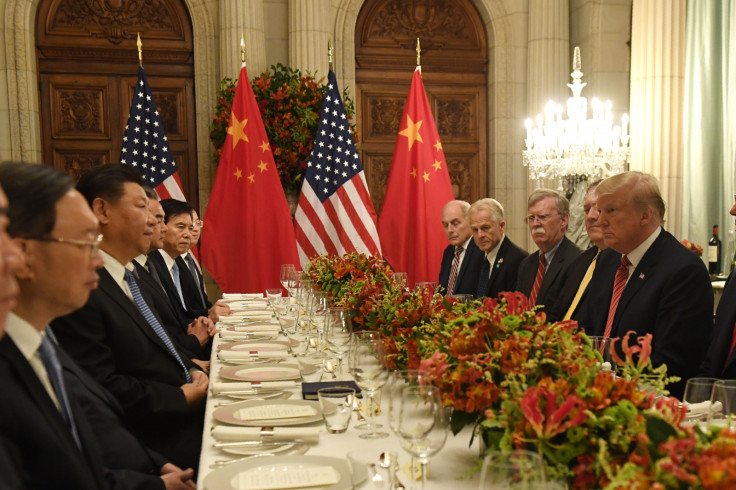US hikes tariffs on Chinese goods to 25%; China stocks rally
The new U.S. tariffs came into effect at 12:01 a.m. ET on Friday, following President Donald Trump's announcement to increase tariffs on Chinese imports worth $200 billion, from 10 to 25 percent,
Following the announcement of President Donald Trump that the United States would increase tariff on Chinese imports worth $200 billion, from 10 to 25 percent, the new U.S. tariffs came into effect at 12:01 a.m. ET on Friday.
Reacting to the step, China in a swift reply warned it would take "necessary countermeasures."
"We hope the United States will meet us halfway, and work with us to resolve existing issues through cooperation and consultation," the statement from China's Ministry of Commerce said.
On Wednesday, speaking at a rally in Florida, President Trump blamed China for the deadlock in trade talks and said the tariff hikes from the U.S were forced by China which "broke the deal" by reneging on previous commitments.
Trump also said the paperwork on 25 percent duties on another $325 billion of Chinese imports is underway.
Meanwhile, a Chinese delegation led by the Vice Premier Liu He arrived in Washington on Thursday for a new round of discussions on the trade dispute. Washington has confirmed the trade talks will continue despite the flare-up in the trade war.
Striking a cordial note, Liu said he "hopes to engage in rational and candid exchanges with the U.S. side. However, Liu said hiking tariffs is not a solution to the problem.
Chinese stocks up despite tariff hike
Meanwhile, stocks in China rallied Friday despite the U.S. hiking tariffs on Chinese goods at midnight.
Mainland Chinese stocks soared. The Shanghai Composite soared 3.1 percent and the Shenzhen component jumped 4.03 percent. The Shenzhen composite was at a high by 3.83 percent.
This article originally appeared in IBTimes US.

This article is copyrighted by International Business Times, the business news leader





